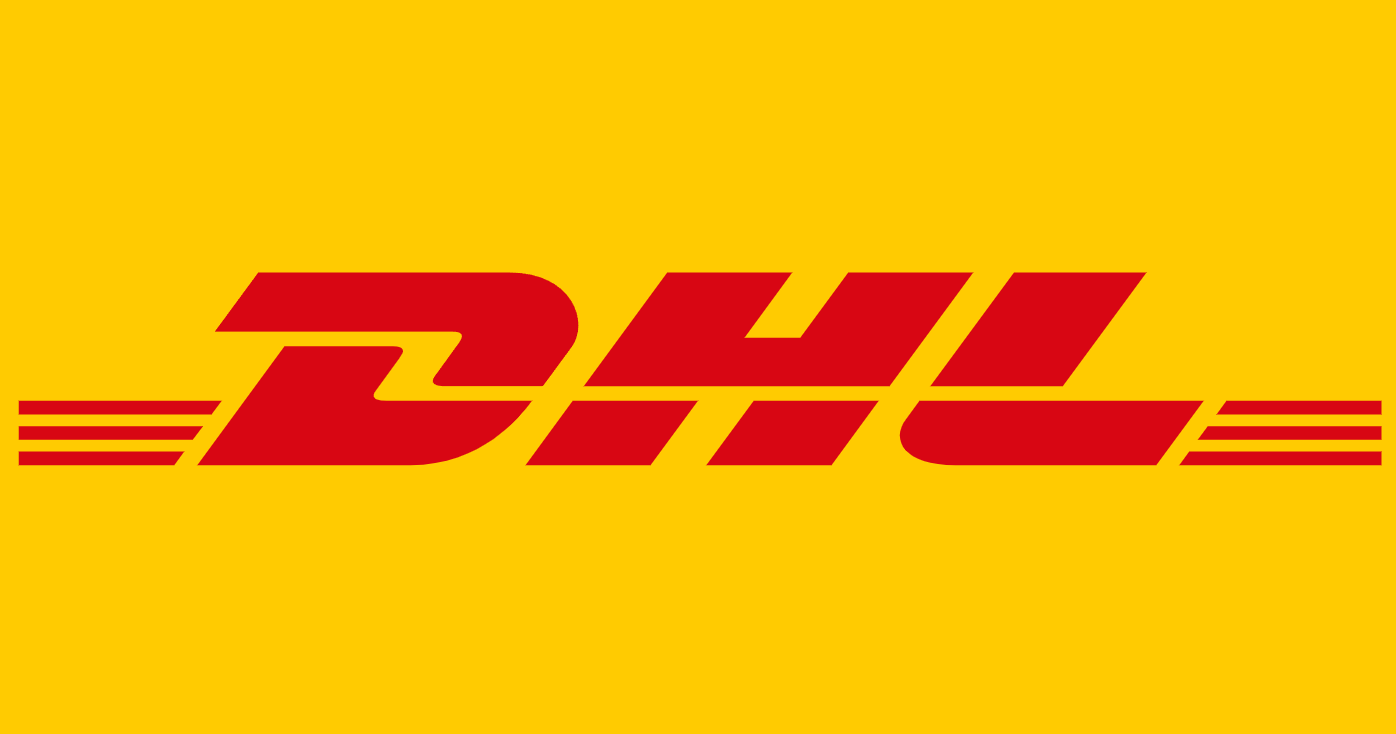
In this article, Alisa-Arifa AGALI ABDOU TOURÉ (ESSEC Business School, Global Bachelor of Business Administration – Exchange student from Germany, 2024-2025) shares her professional experience as an intern at DHL.
About the company
DHL was founded in San Francisco in 1969 by Adrian Dalsey, Larry Hillblom and Robert Lynn. The company’s global headquarters are located in Bonn, Germany. In 1998, Deutsche Post AG began the takeover and fully integrated DHL into the Group in 2002, which today operates under the name DHL Group.
HR DHL

Source: the company.
My internship
During my time in the HR department at DHL Bremen, I was able to gain valuable insights, for example, I was able to see and understand the HR processes. The department is responsible for several aspects such as recruiting & onboarding, employee support, payroll accounting and supporting personnel development. In a company as large as DHL, the HR team ensures smooth communication between management and employees within the company.
My Mission
My internship involved a range of responsibilities, including employer branding & engagement, administrative support for employees, and the recruiting process.
- Employer Branding & Engagement: Participation in employee events, surveys and employee retention initiatives
- Administrative support for employees: planning, maintaining sick notes and absences, master data management
- Recruiting process: This includes determining requirements, creating job advertisements and organizing structured onboarding for the successful integration of new employees.
What have I learned
During my time at DHL in Bremen, I was able to get to know important processes that I had already learned theoretically during my studies, but was able to apply practically in my job in the HR department. I was able to get to know processes such as how recruiting, onboarding and personnel administration are developed. I learned how important it is to plan vacation and absence management as accurately as possible and how important it is for the company that everything happens as smoothly as possible. I was also able to expand my knowledge in the areas of personnel budget planning, fluctuation rates and remuneration models. The close cooperation with different departments and employees was particularly valuable for me. I was able to learn a lot of new things and apply and expand my existing skills and knowledge.
Required skills
The position requires communication and organizational skills. To be able to plan and organize employee events as accurately as possible, this requires precise analysis, coordination of surveys to meet the expectations and wishes of the employees. It also requires knowledge in the administration of personnel planning, such as vacation planning, sick leave and absence control. Another important skill for this position is working together as a team to determine requirements, create job descriptions and organize a structured onboarding process. Teamwork and empathy are also very important.
Business concepts related to my internship
Personnel budget planning
An important financial concept in HR activities is personnel budget planning, HR key figures, salary structures and remuneration models. Personnel budget planning is an important component of strategic HR work. Personnel budget planning shows exactly what budget is available to the company in relation to personnel costs. Costs such as salaries, social security contributions, recruiting costs and others are planned and allocated for the year. It is important to plan this as accurately as possible in order to avoid staff shortages and act as efficiently as possible. The HR department works very closely with the Controlling department, the planning of the budget is an important point for an efficient and sustainable personnel strategy.
HR key figures
HR KPIs include the analysis of key figures such as turnover rate. The turnover rate describes the number of employees who voluntarily or involuntarily leave the company in a year. It is also an important aspect, as it reflects the stability and satisfaction of employees. In addition, the turnover rate must always be kept in mind, as a high fluctuation rate can indicate structural problems in the company. If you have this well under control, you can avoid additional costs in the company.
Salary structures and remuneration models
Remuneration must be planned as accurately and appropriately as possible. Salary structures and remuneration models lead to fair remuneration management in the company. The salary structures and remuneration models determine how the employees’ salaries are composed, including aspects such as the employee’s position and function, experience and qualifications. The Salary structures and remuneration model also incorporates active plus points such as awards and bonuses. This serves to increase the motivation of existing employees and to attract new employees for various positions.
Why should I be interested in this post?
As an ESSEC Business School student, the position at DHL can be very interesting, as the company shows you how theoretical knowledge from the areas of HR, controlling and organization is applied in practice in the company. In the company, you gain valuable insights into various areas such as recruiting, personnel budget planning and employer branding, giving you valuable insights into strategic HR work in an international group.
Related posts on the SimTrade blog
▶ All posts about Professional experiences
Useful resources
careers.dhl.com/global/en/job/
About the author
The article was written in August 2025 by Alisa-Arifa AGALI ABDOU TOURÉ (ESSEC Business School, Global Bachelor of Business Administration – Exchange student from Germany, 2024-2025).
